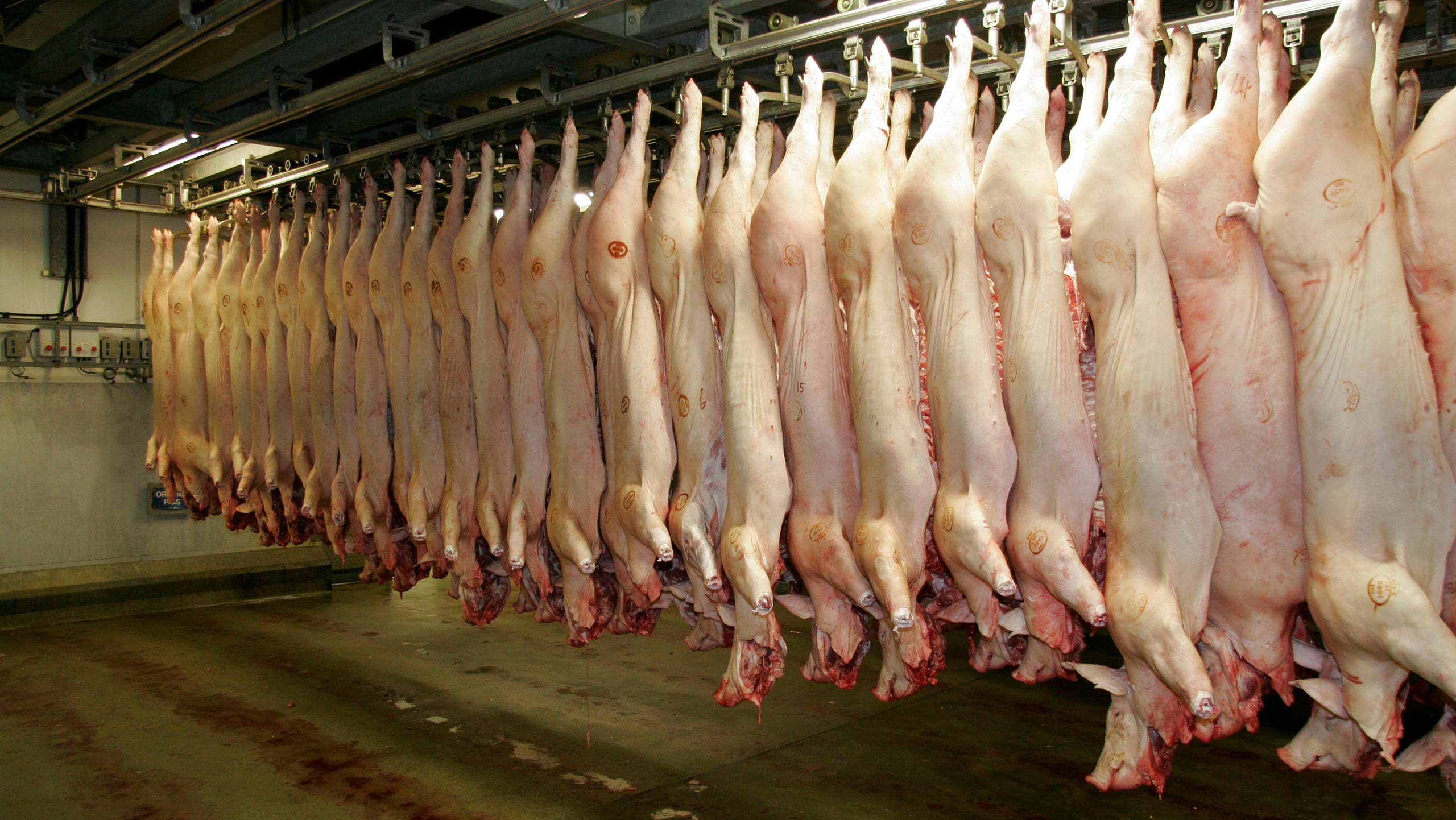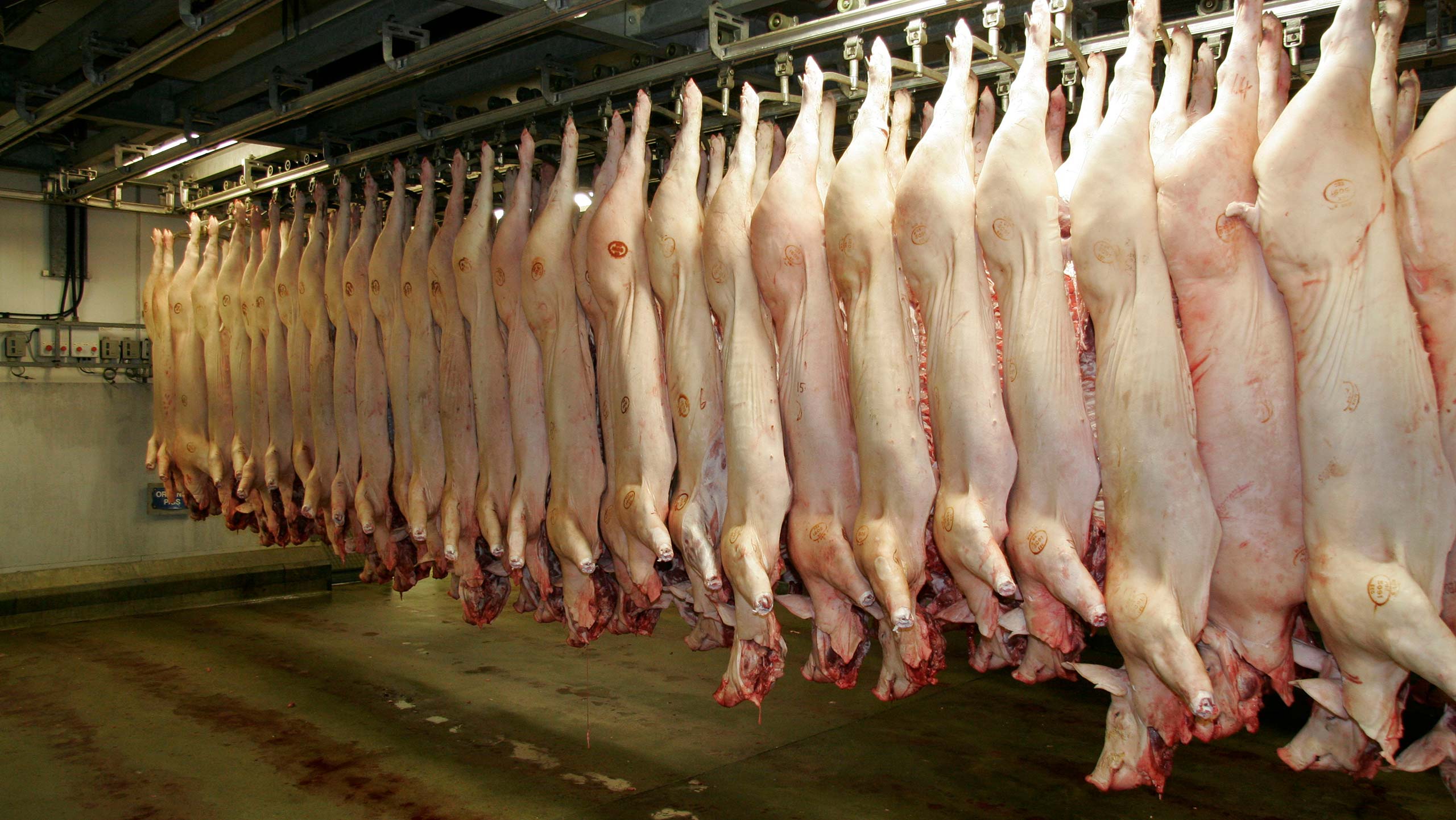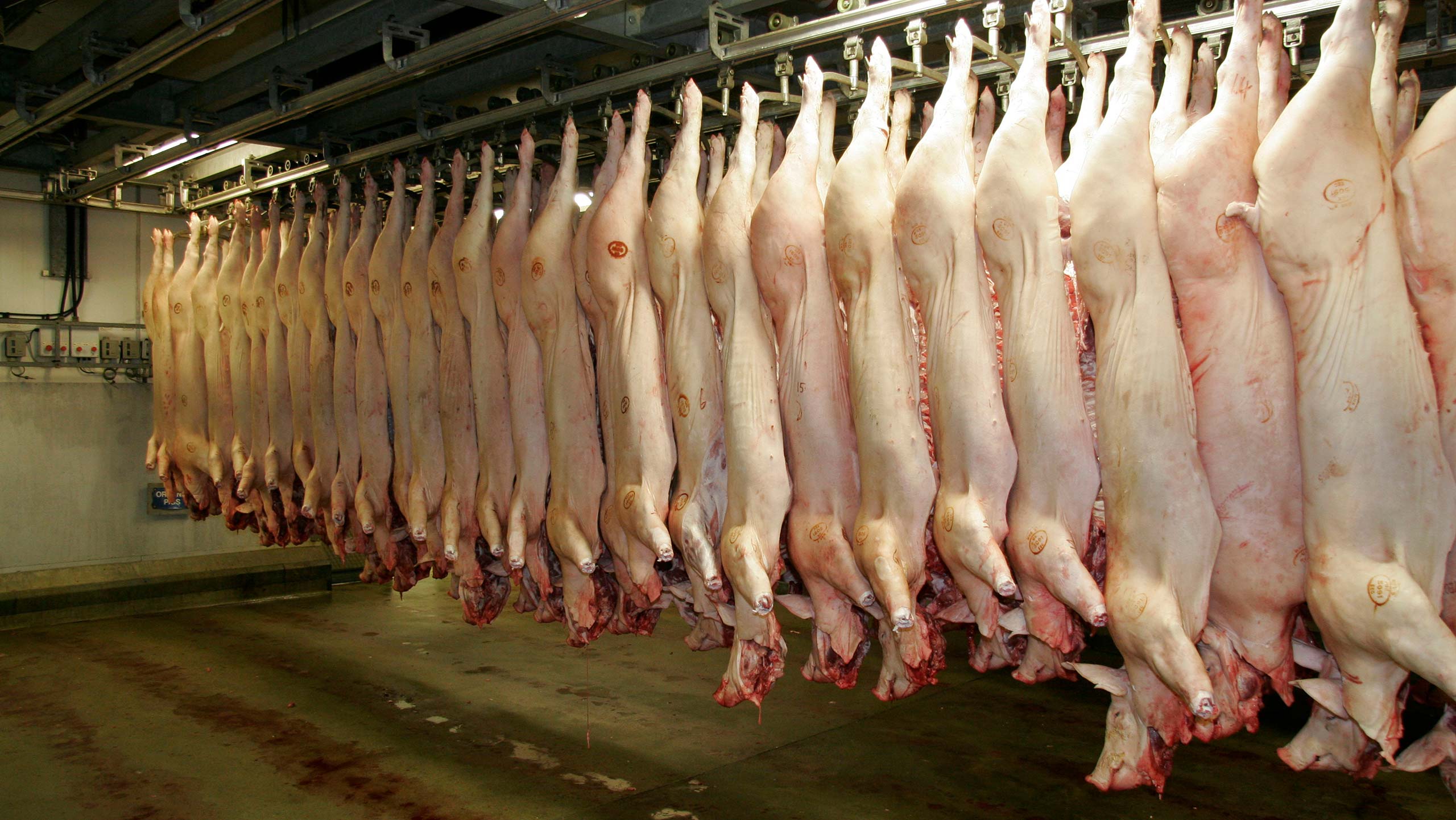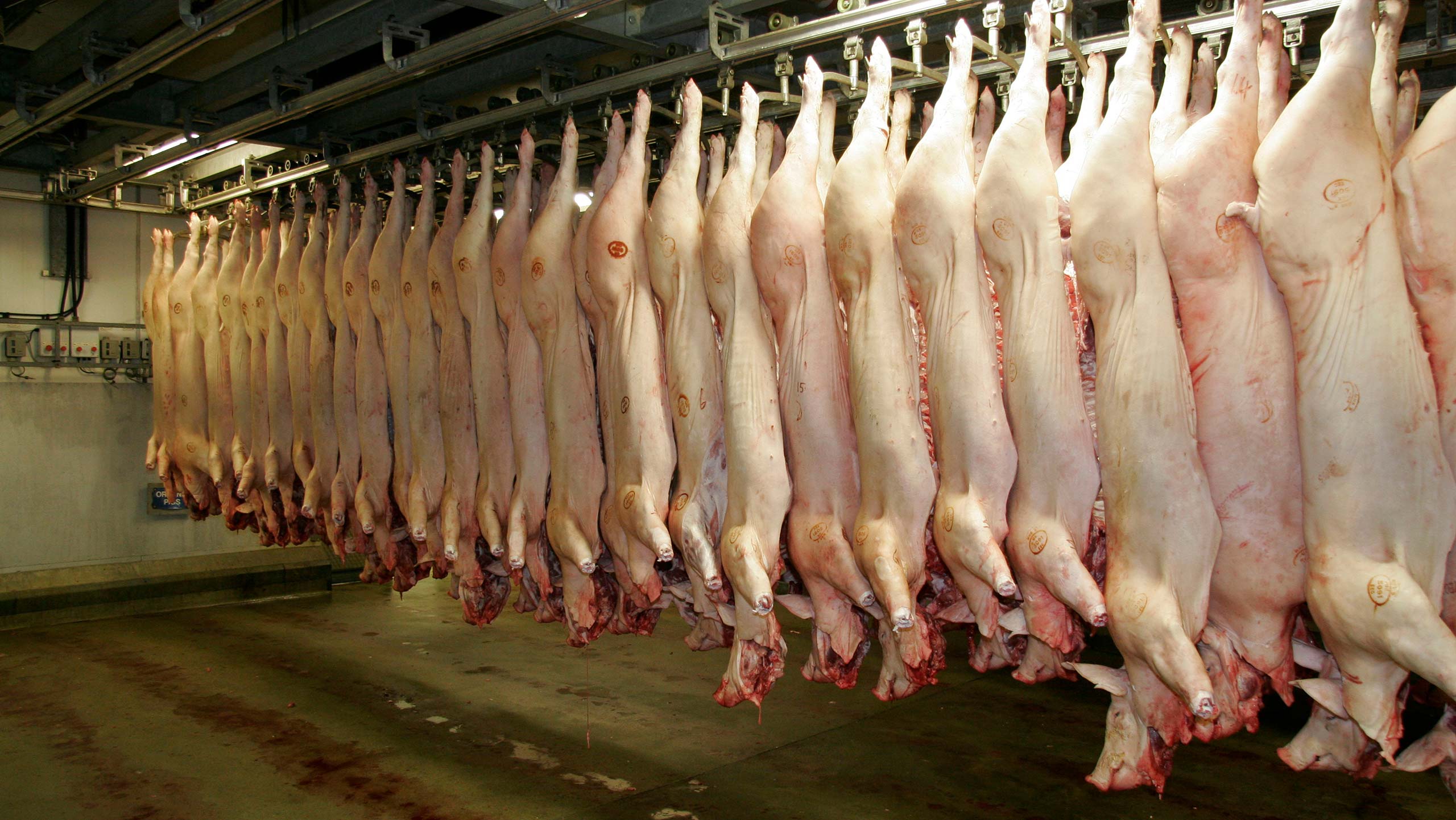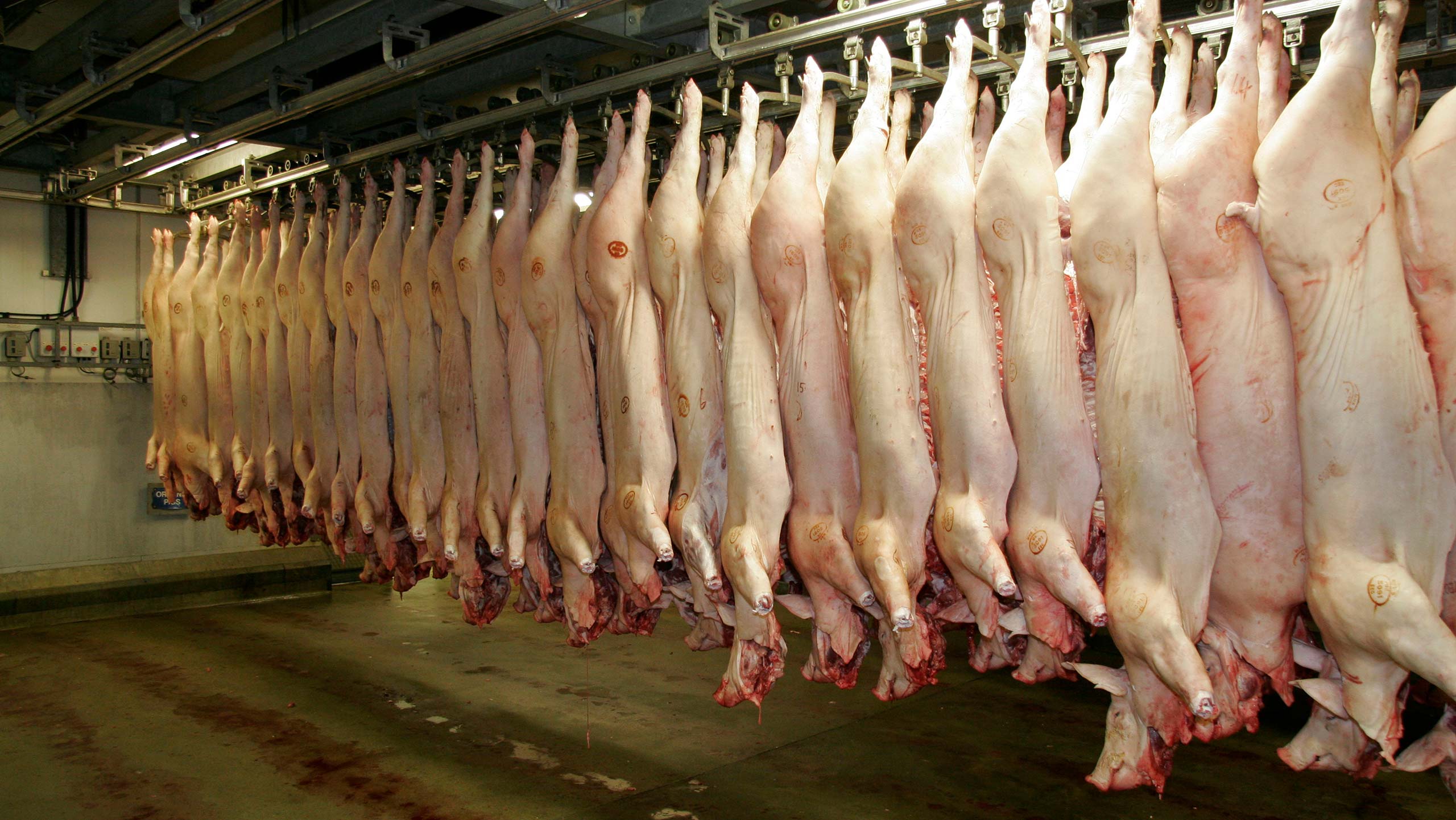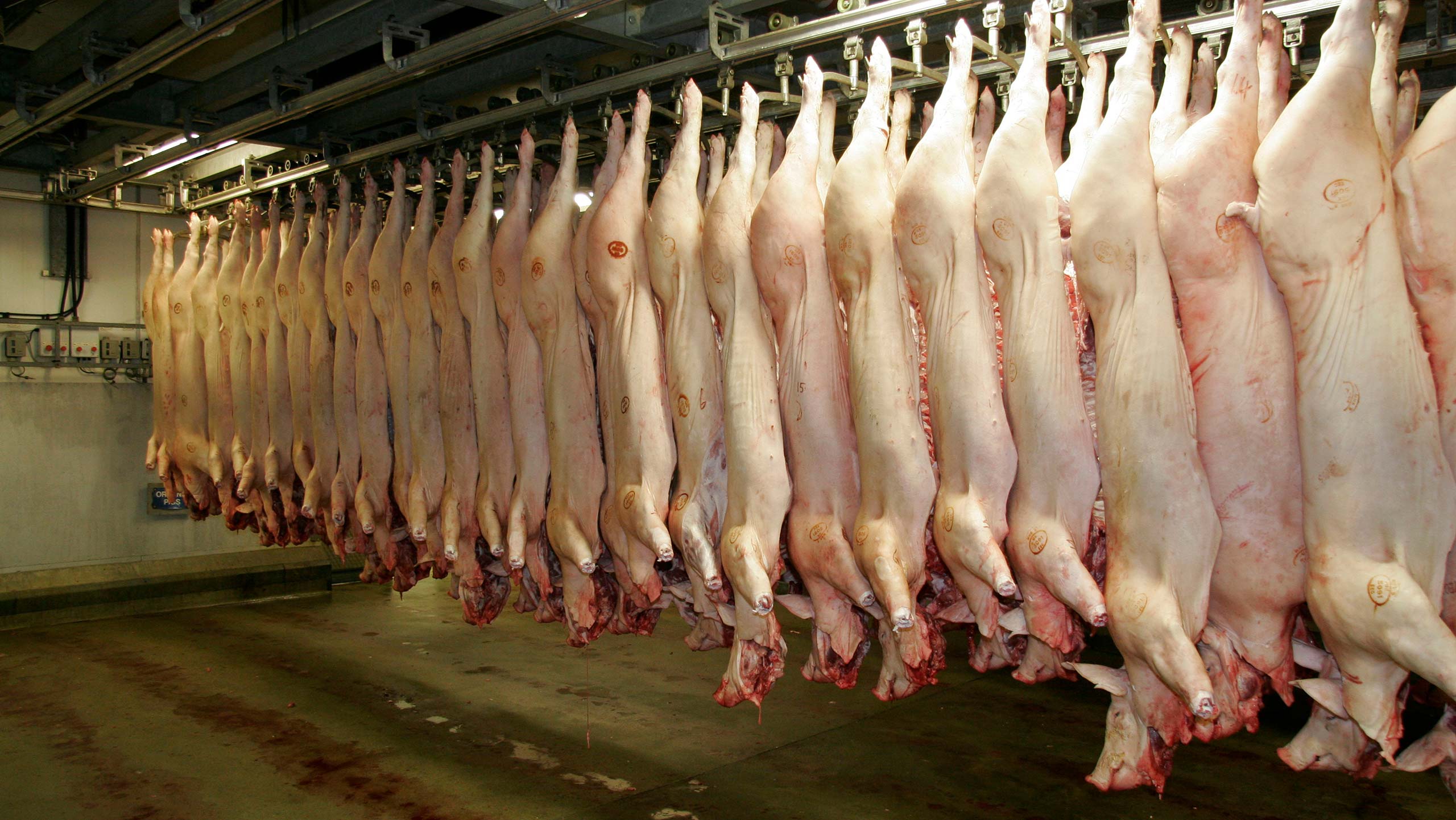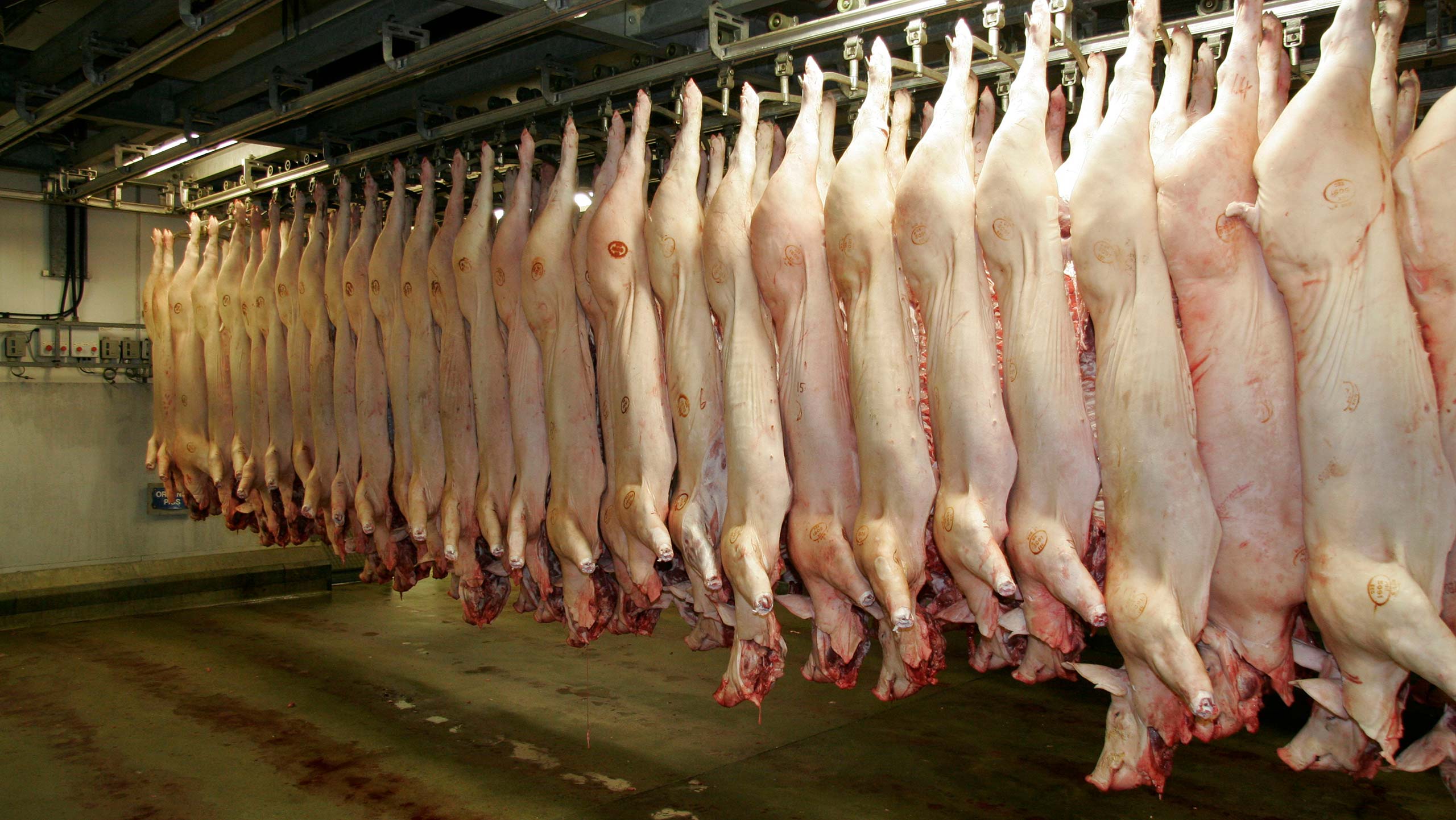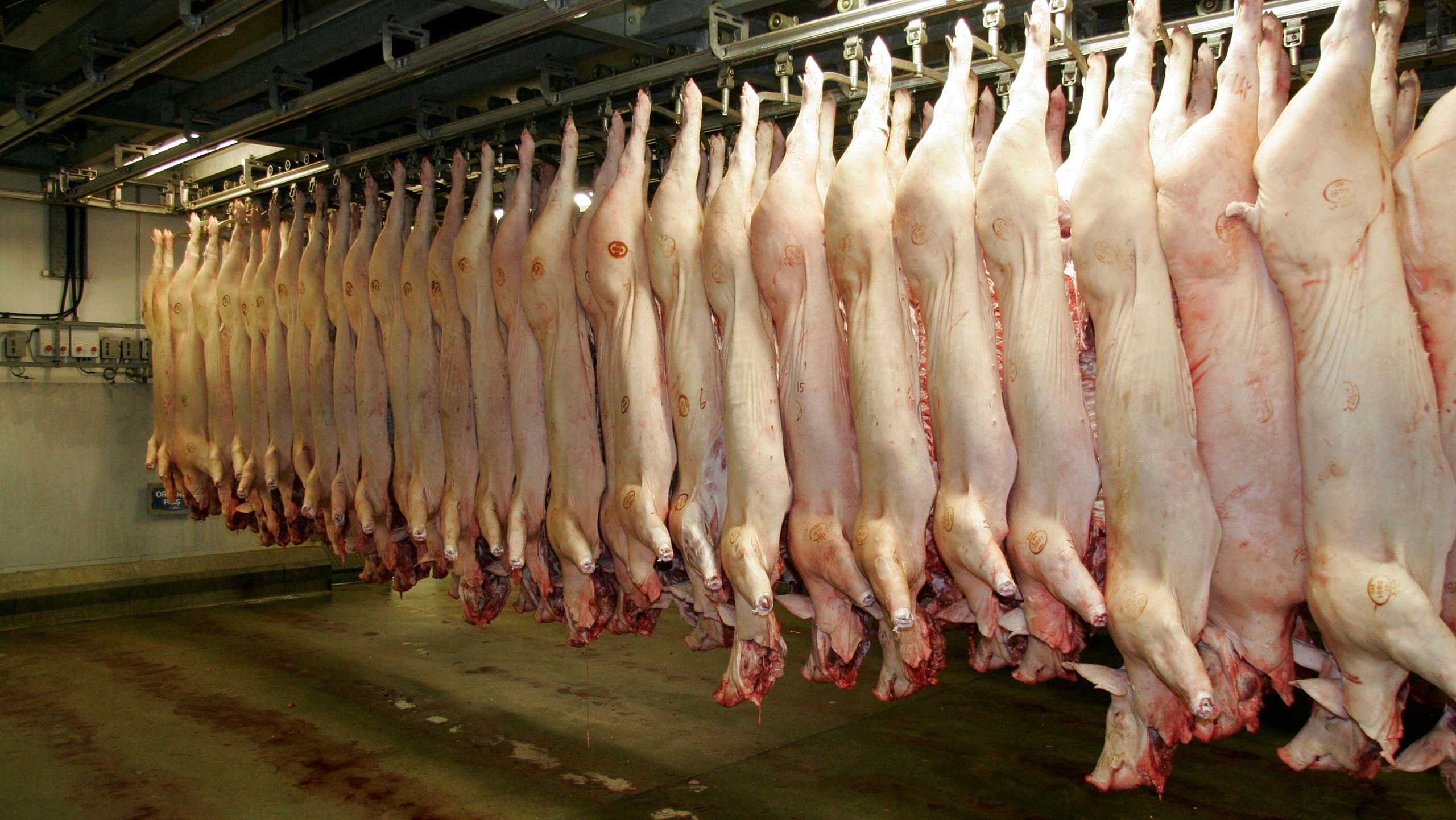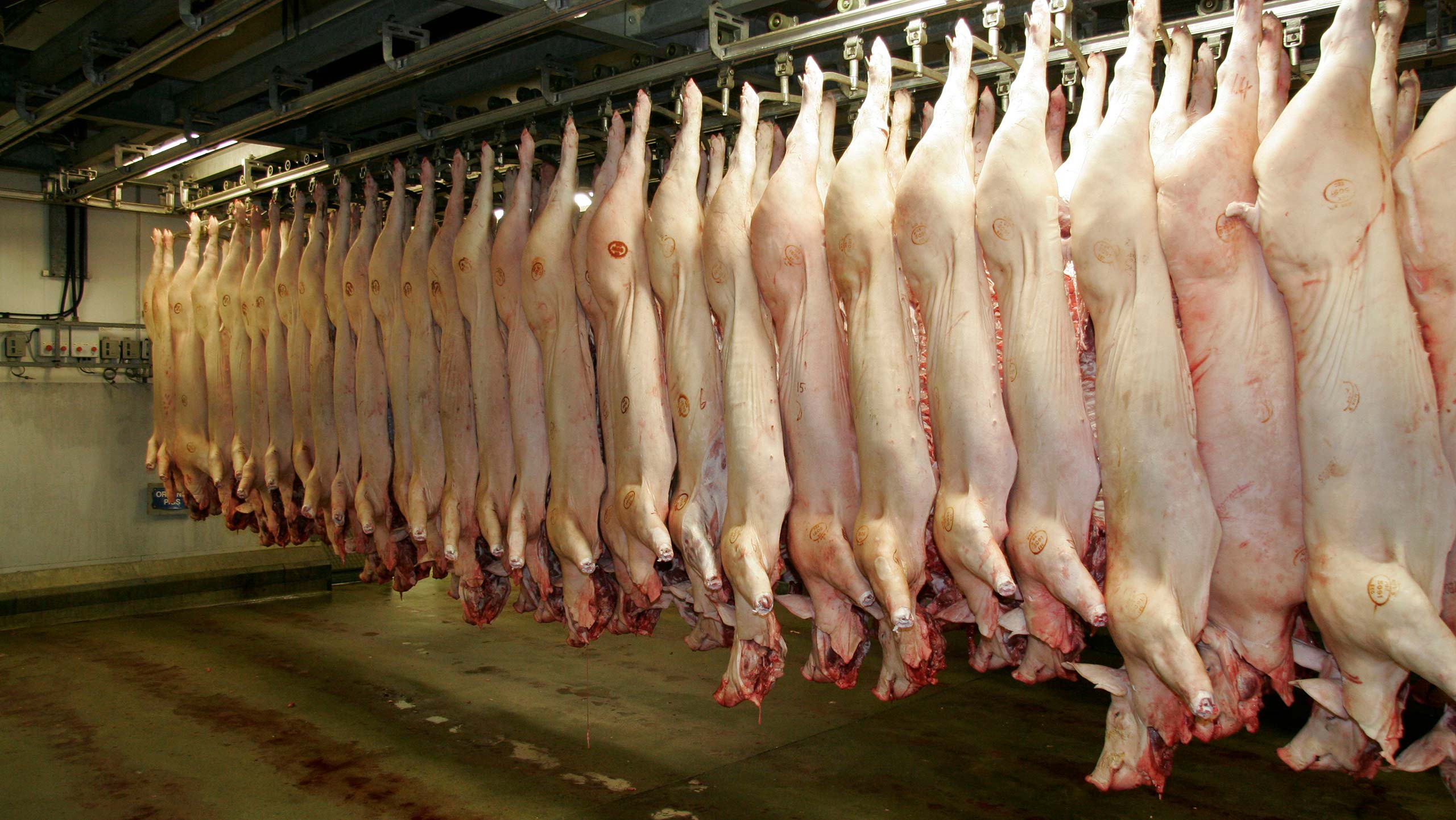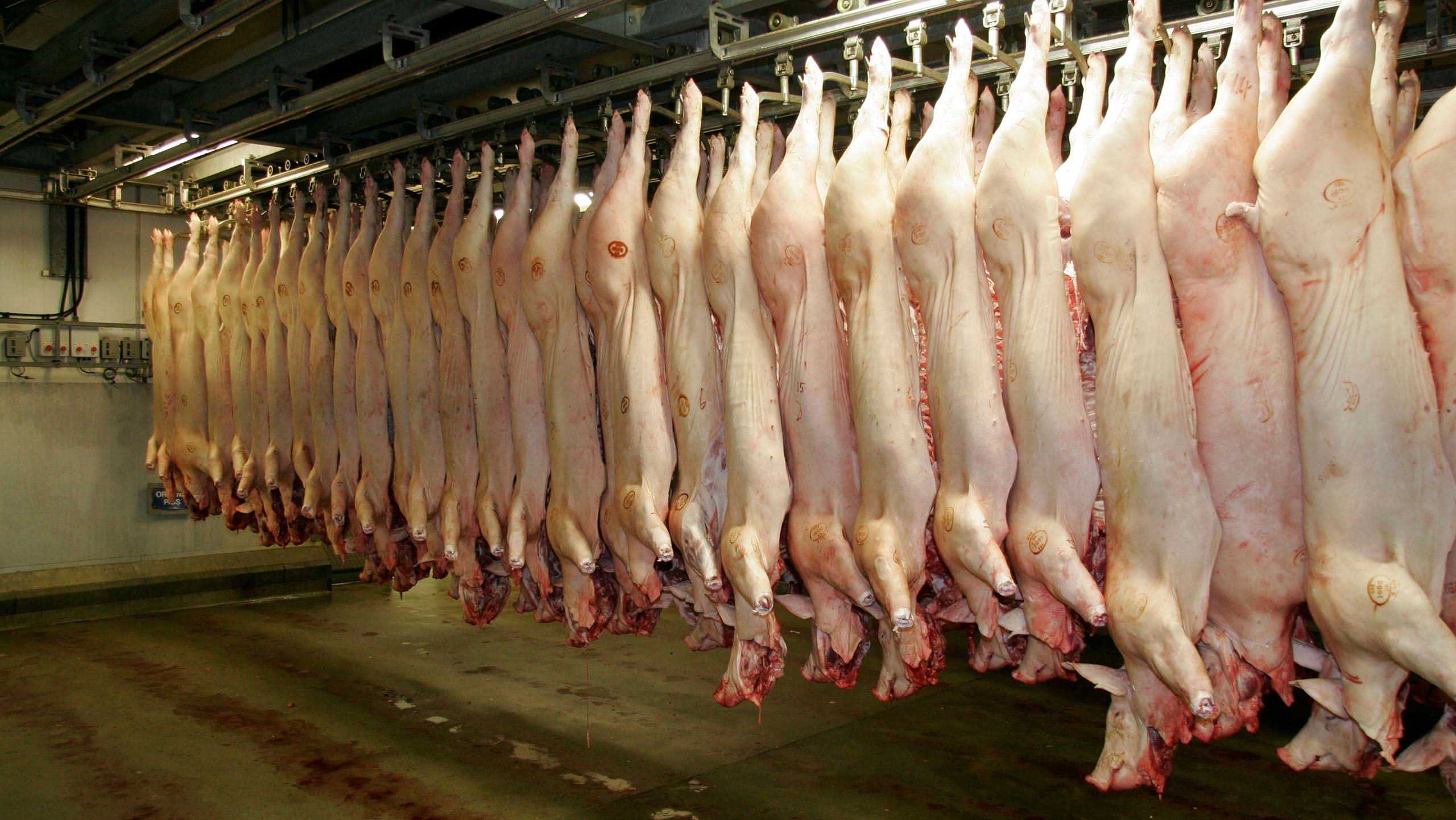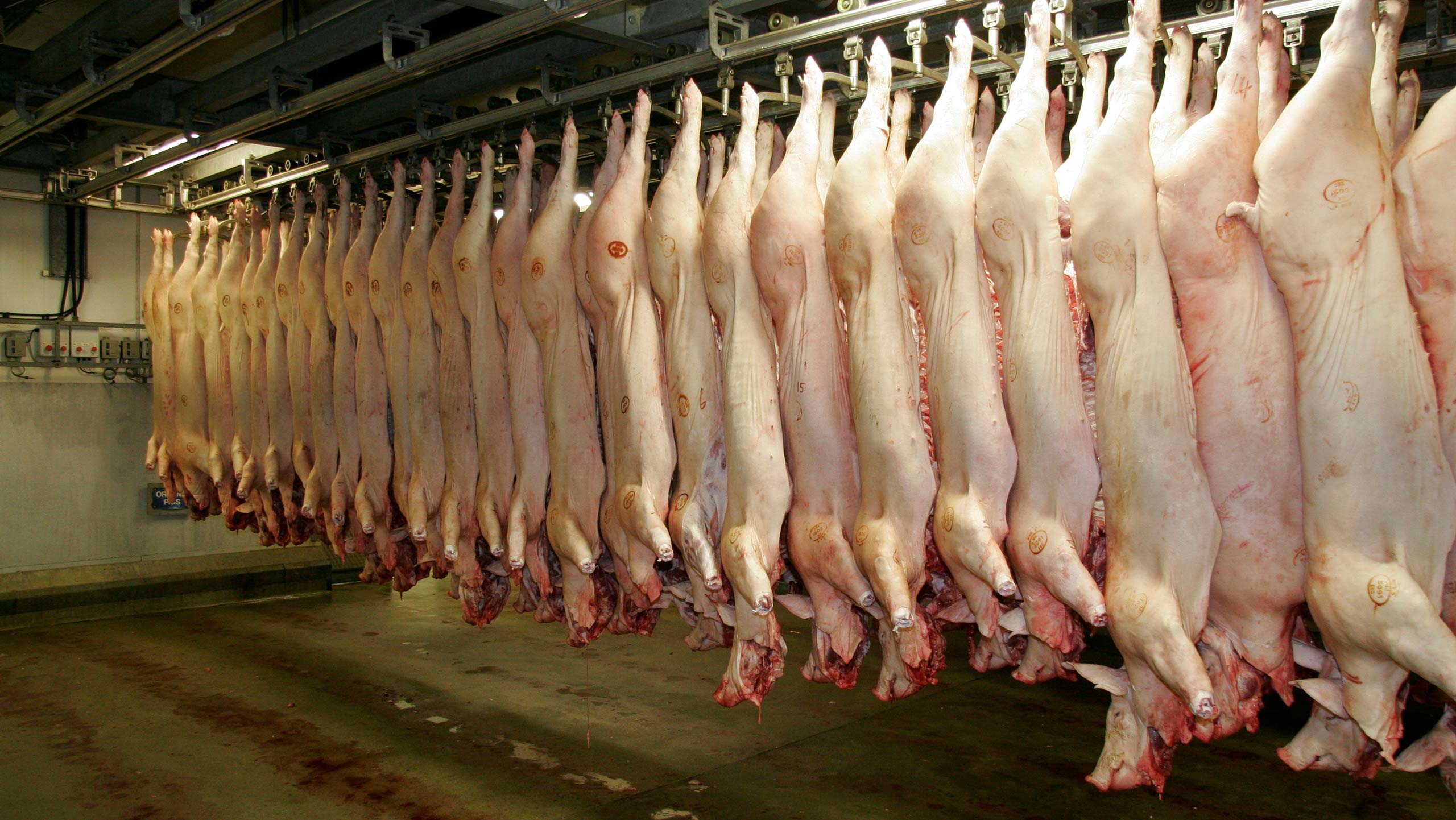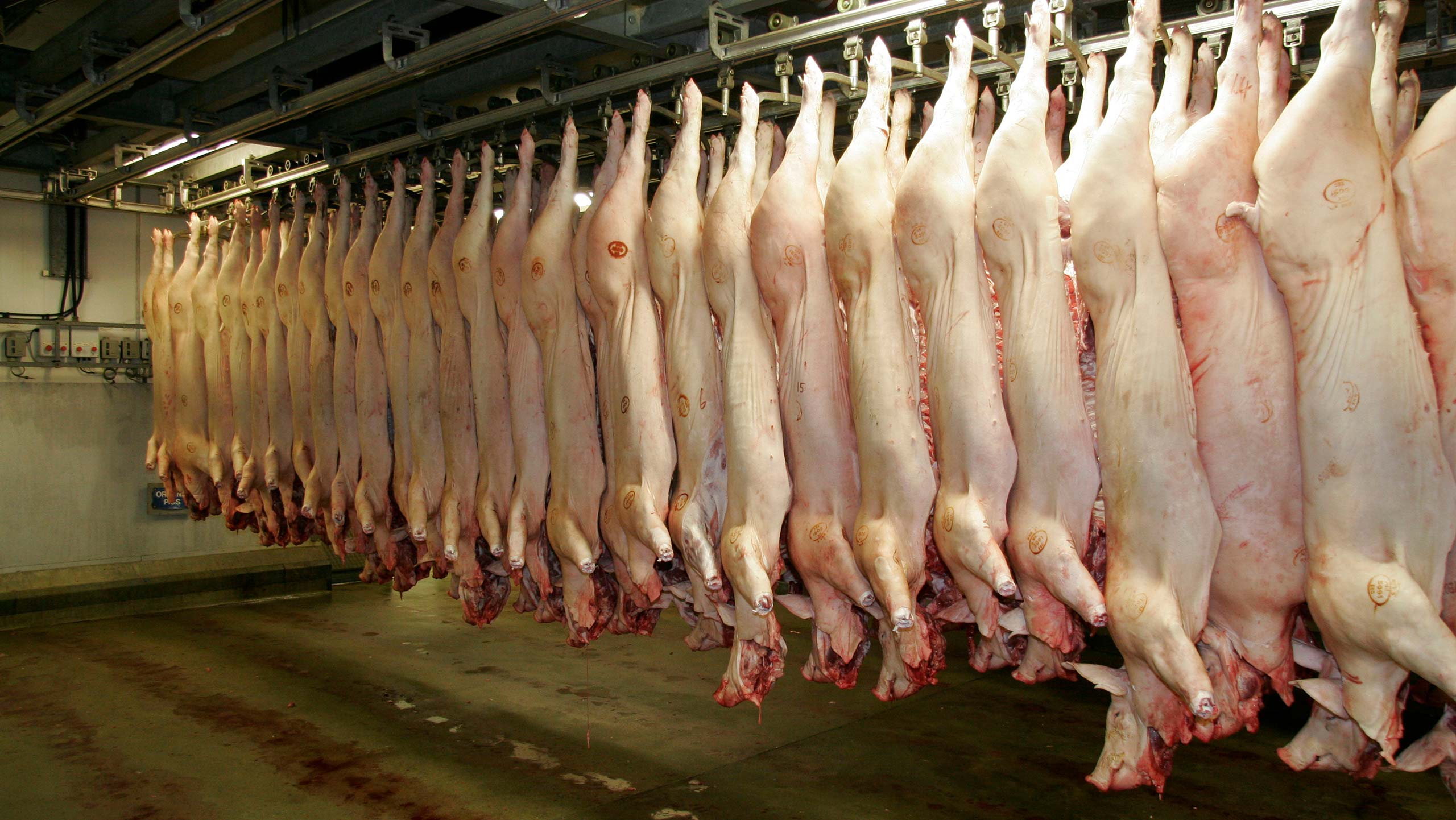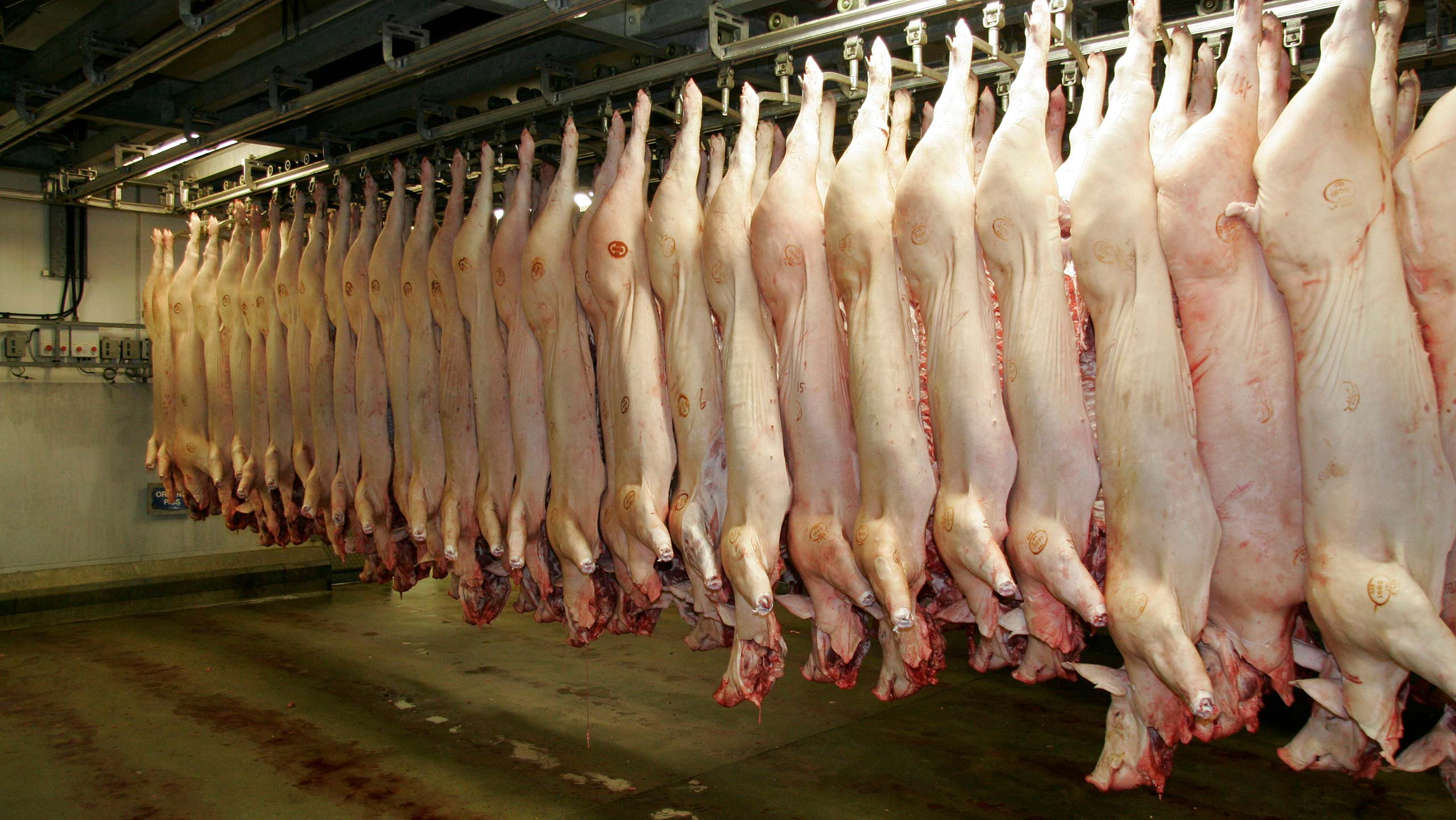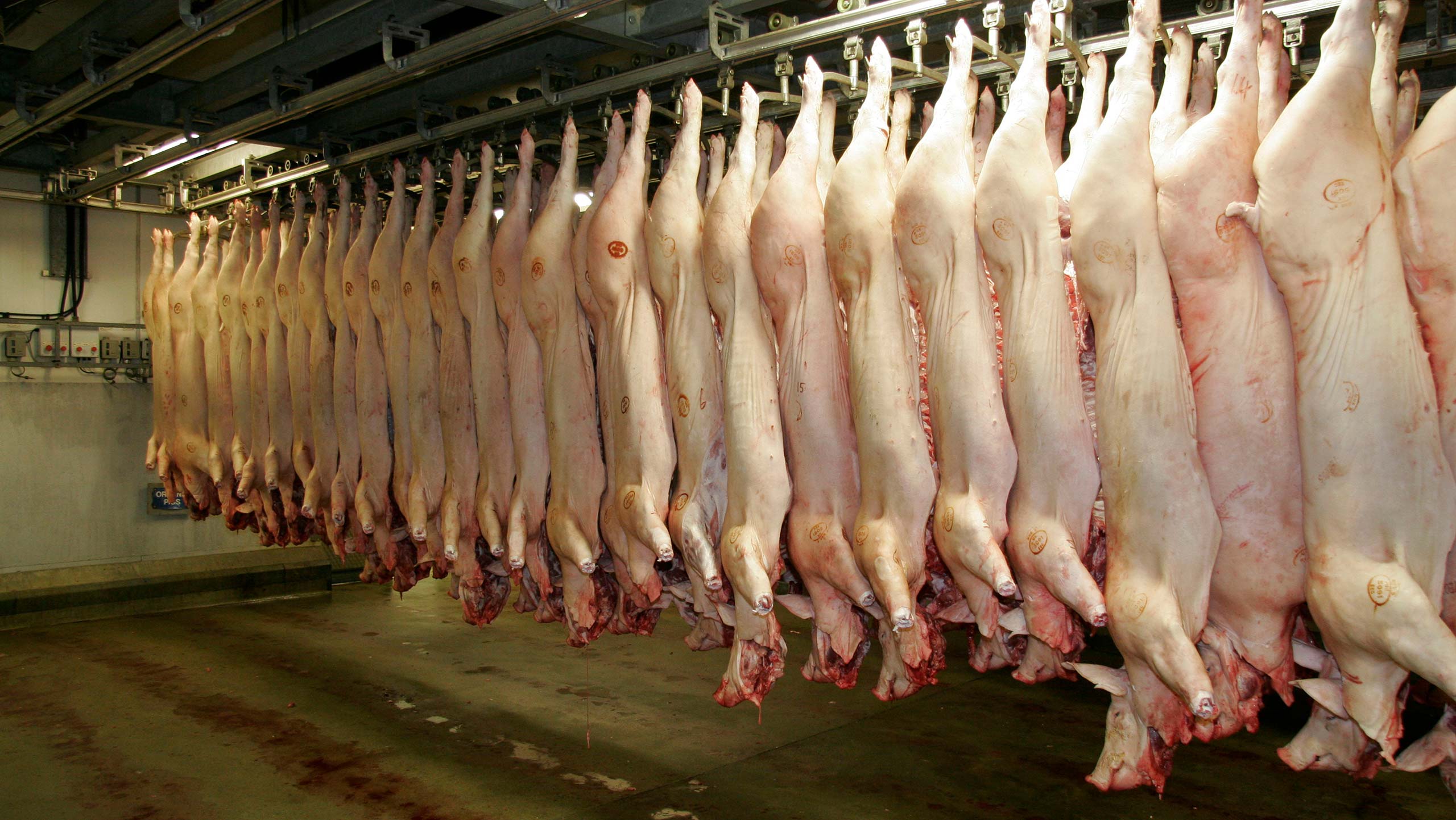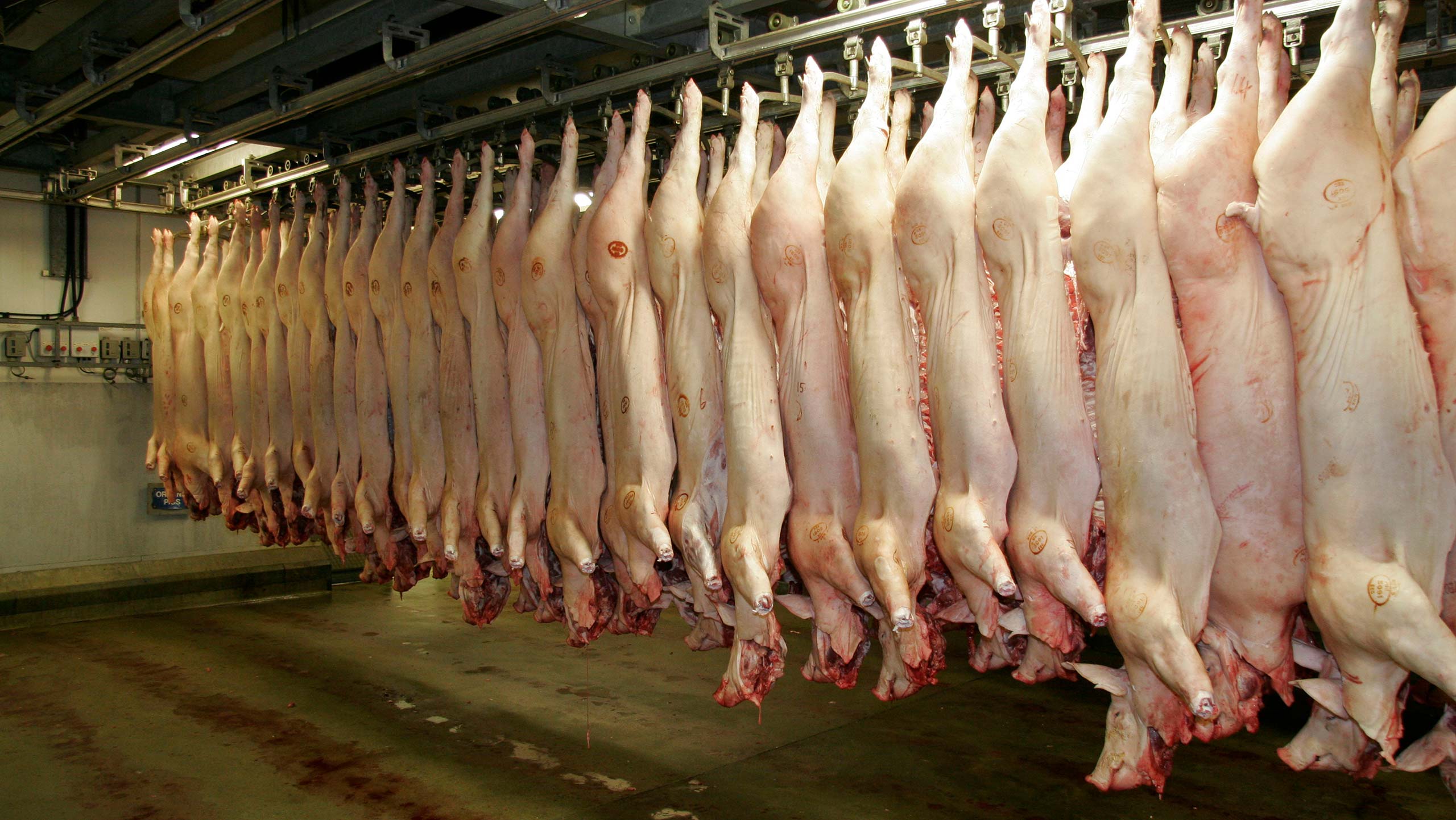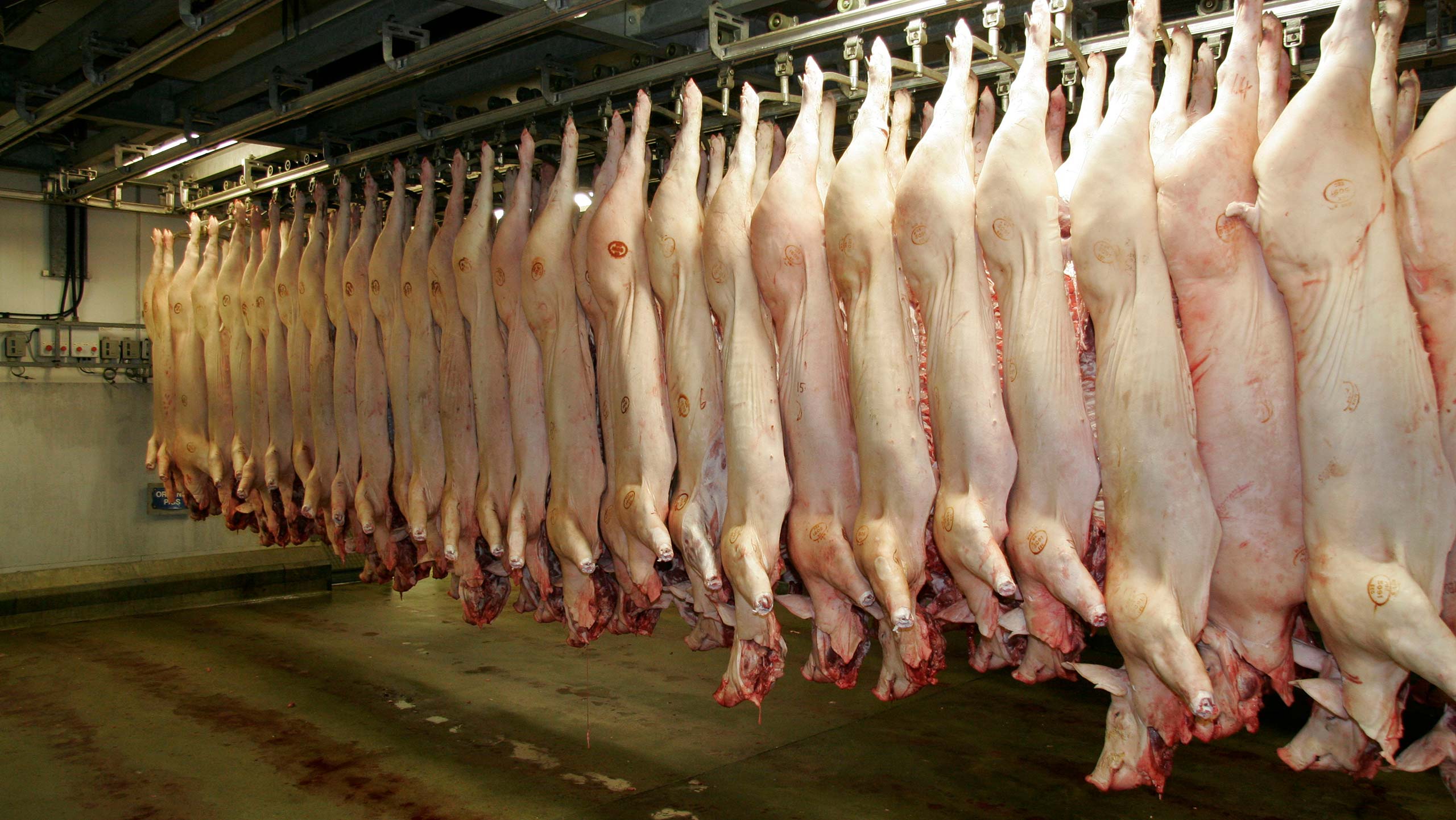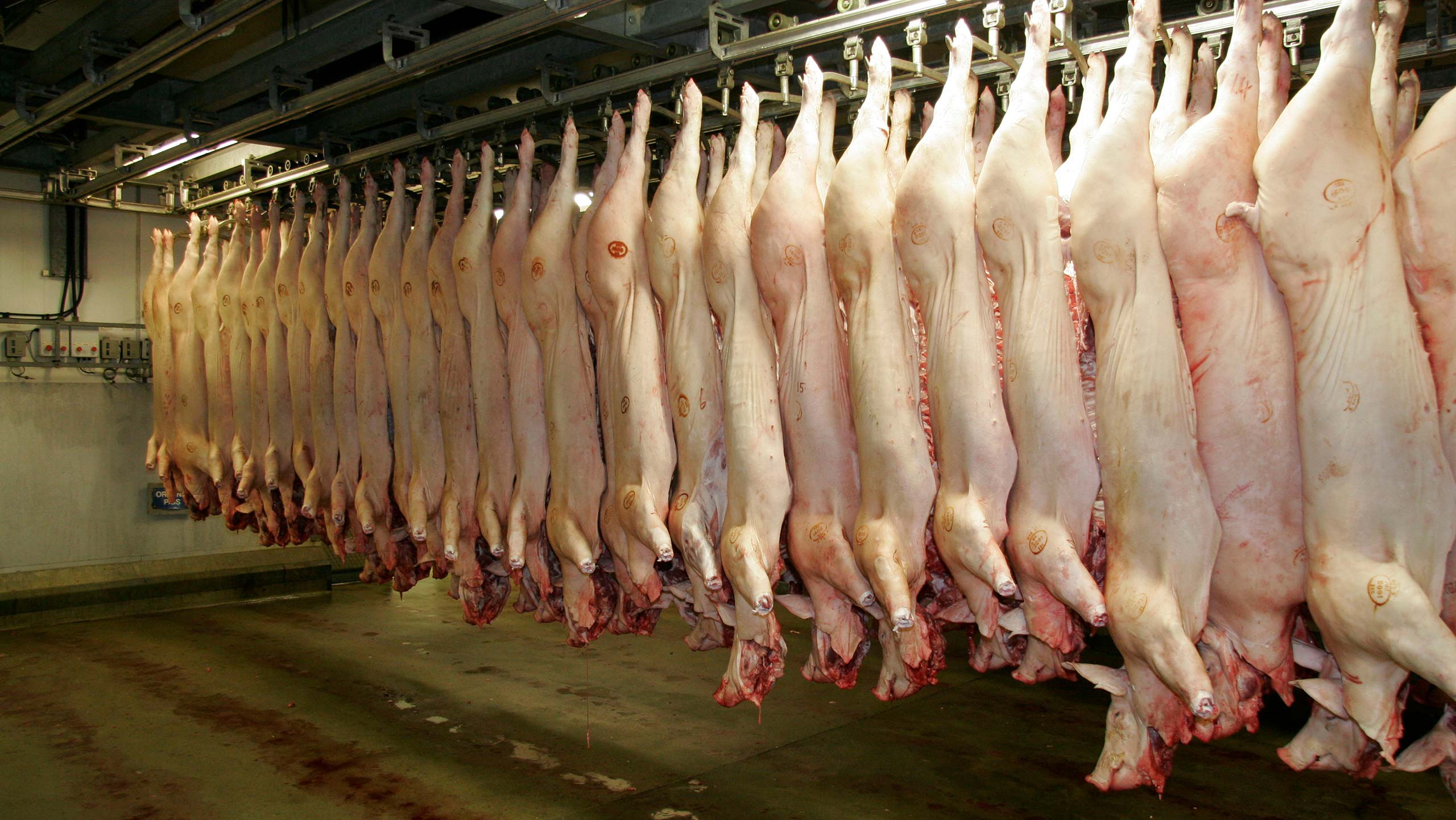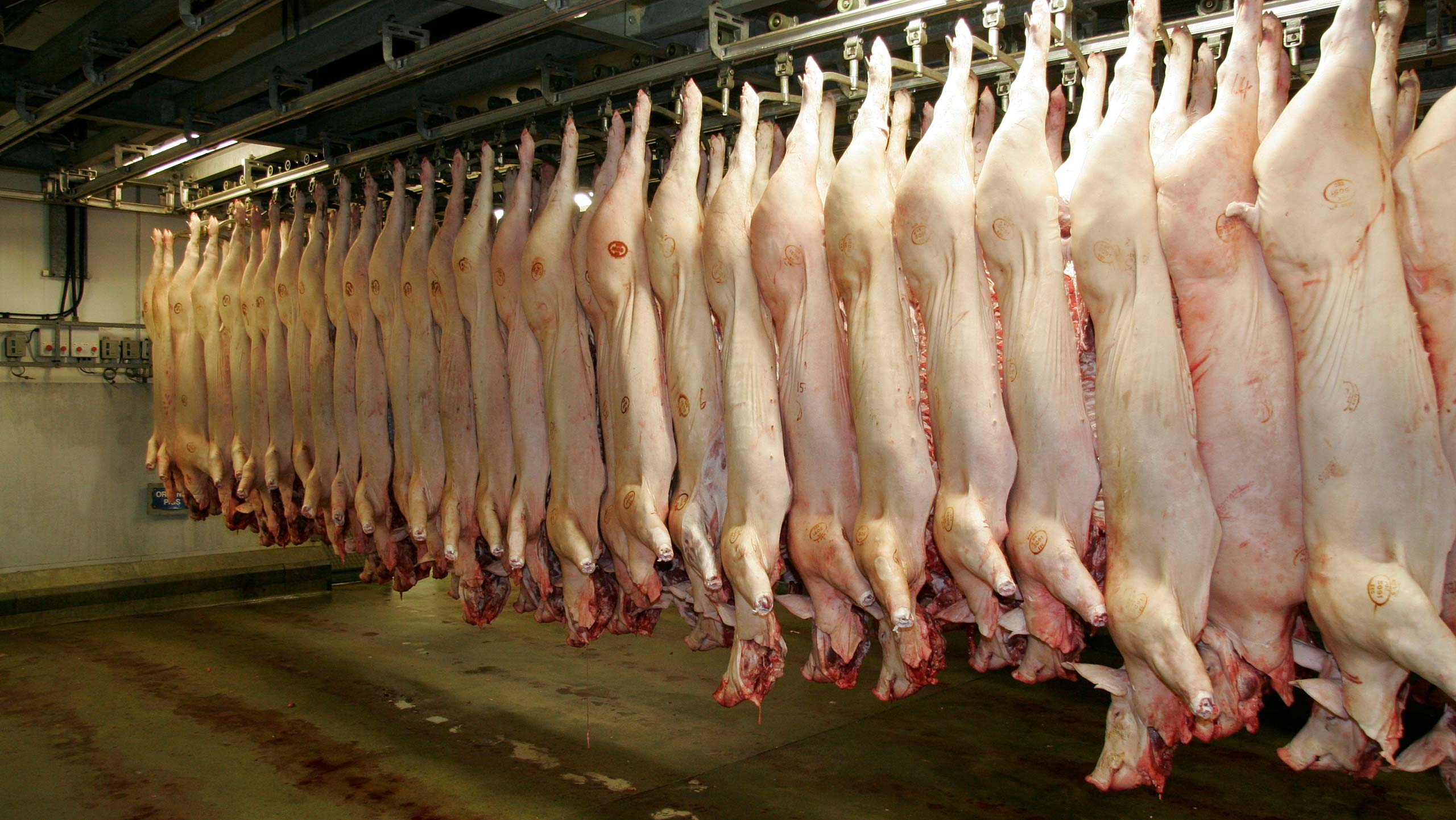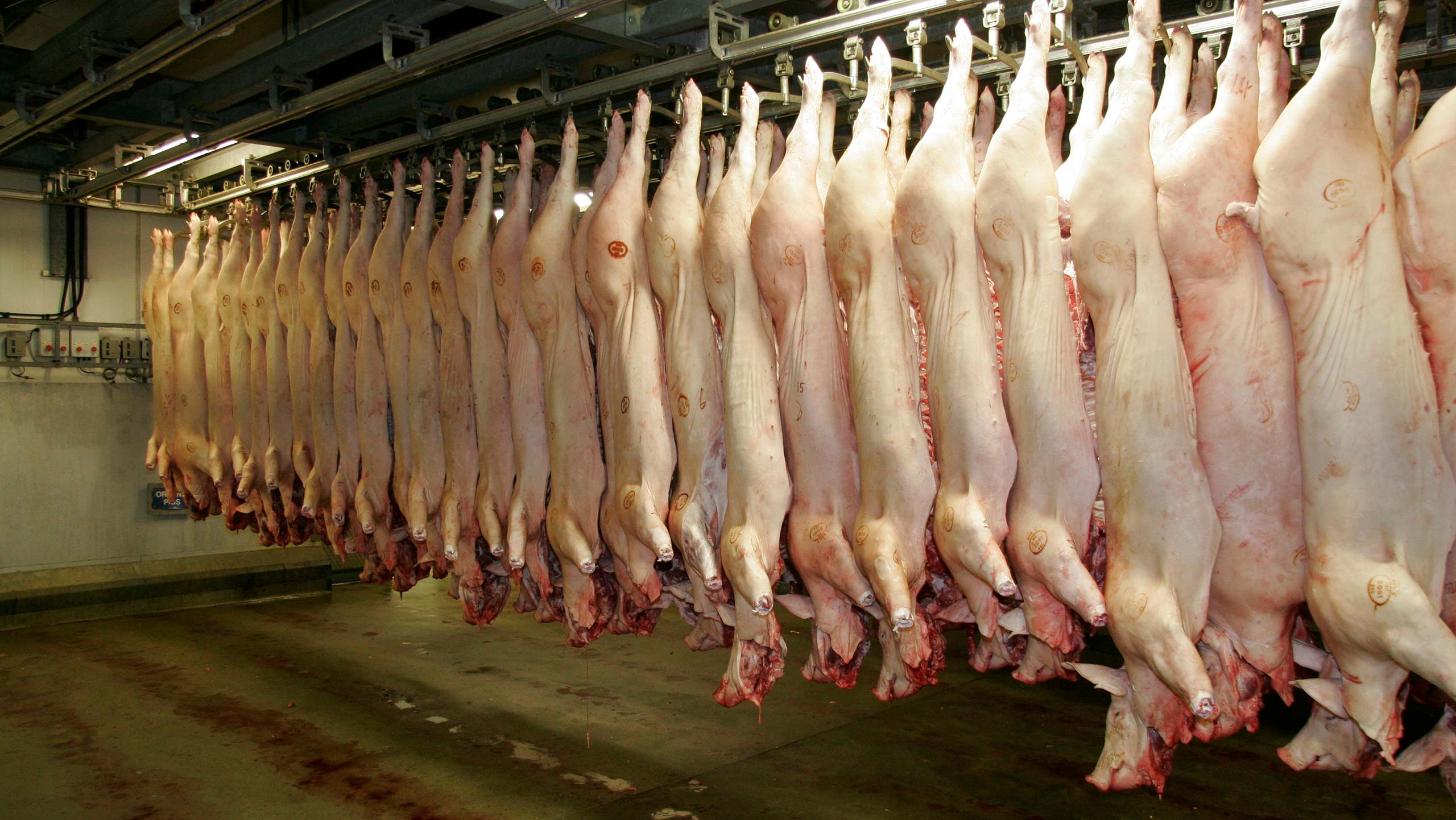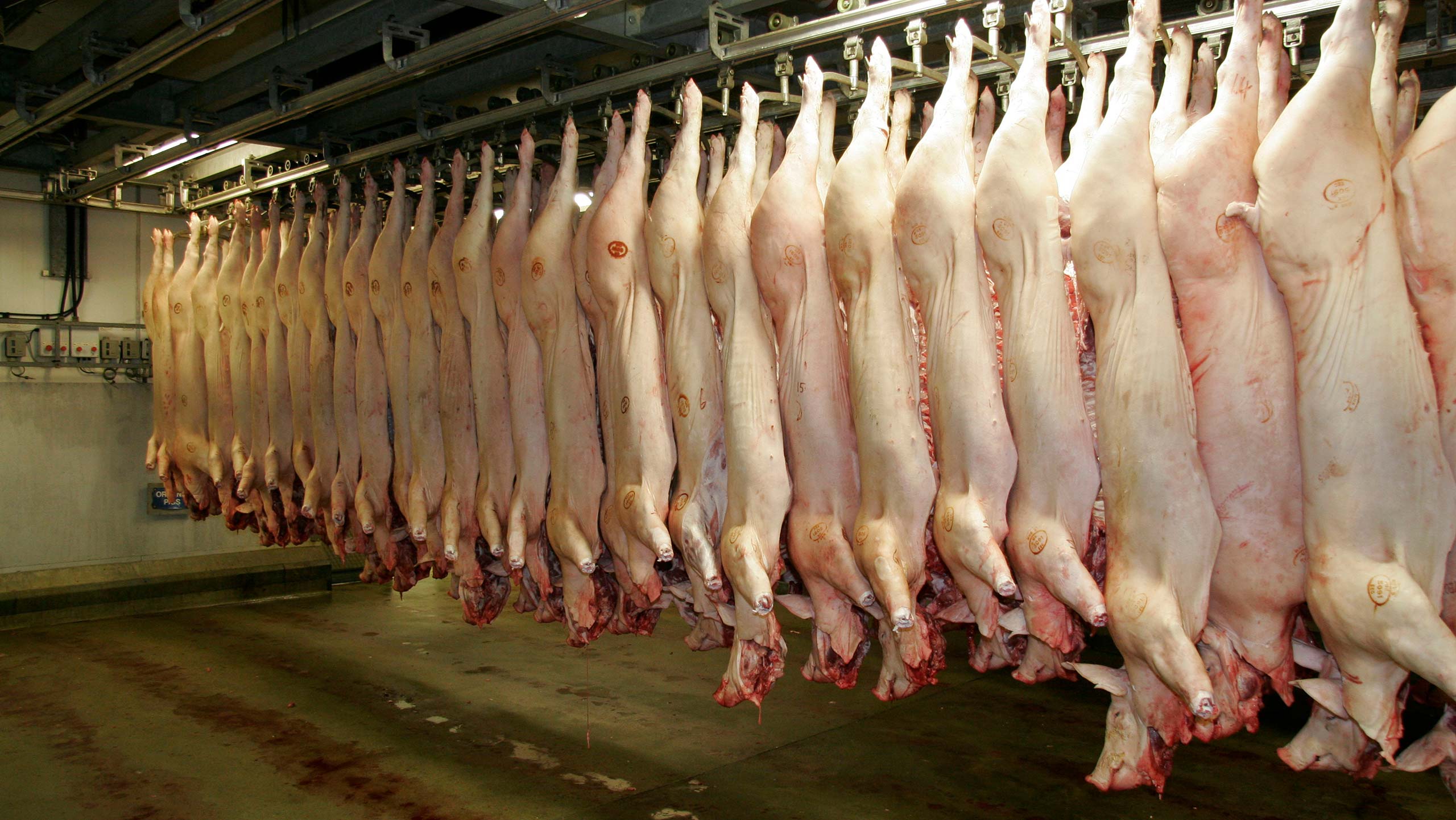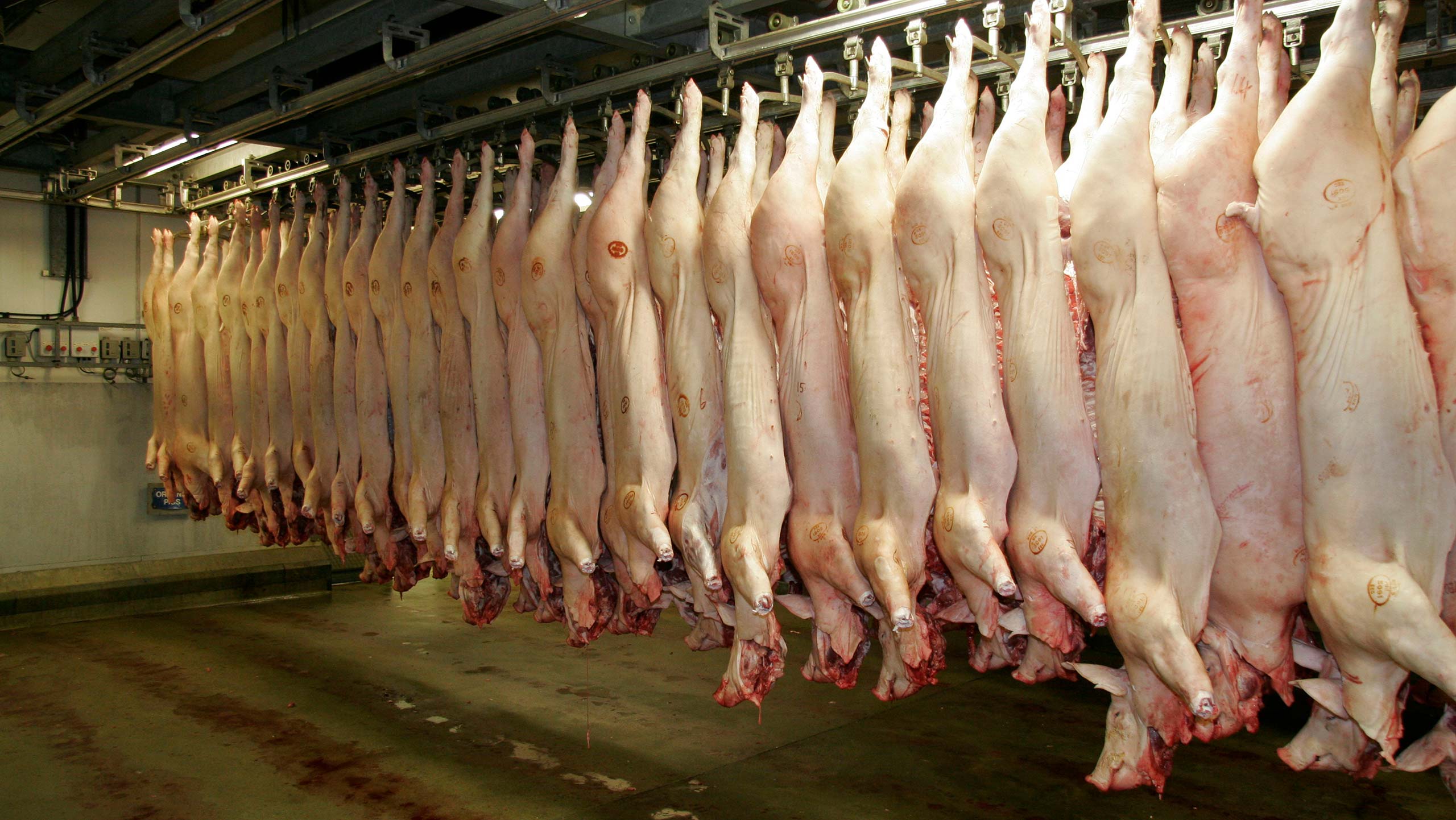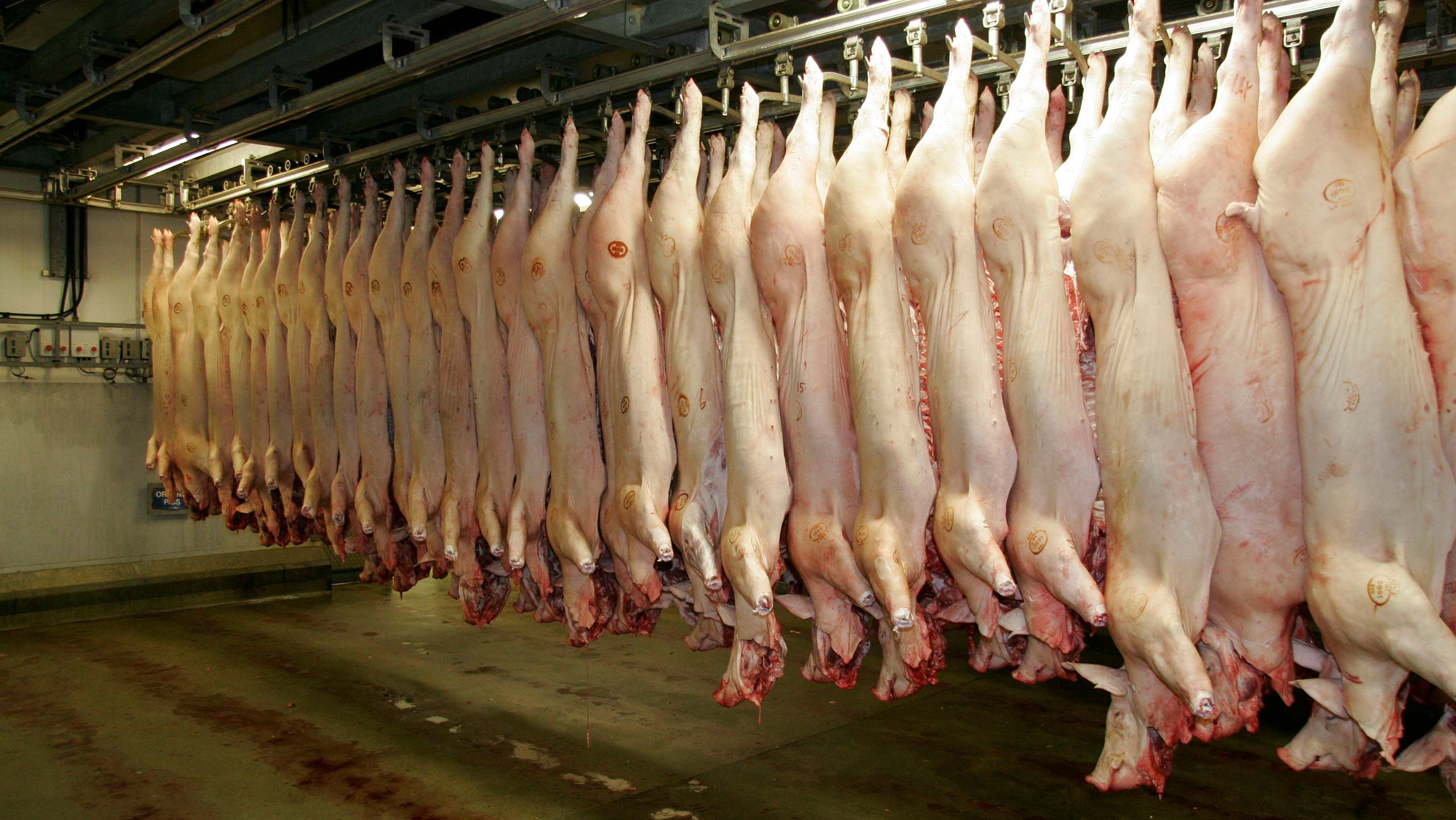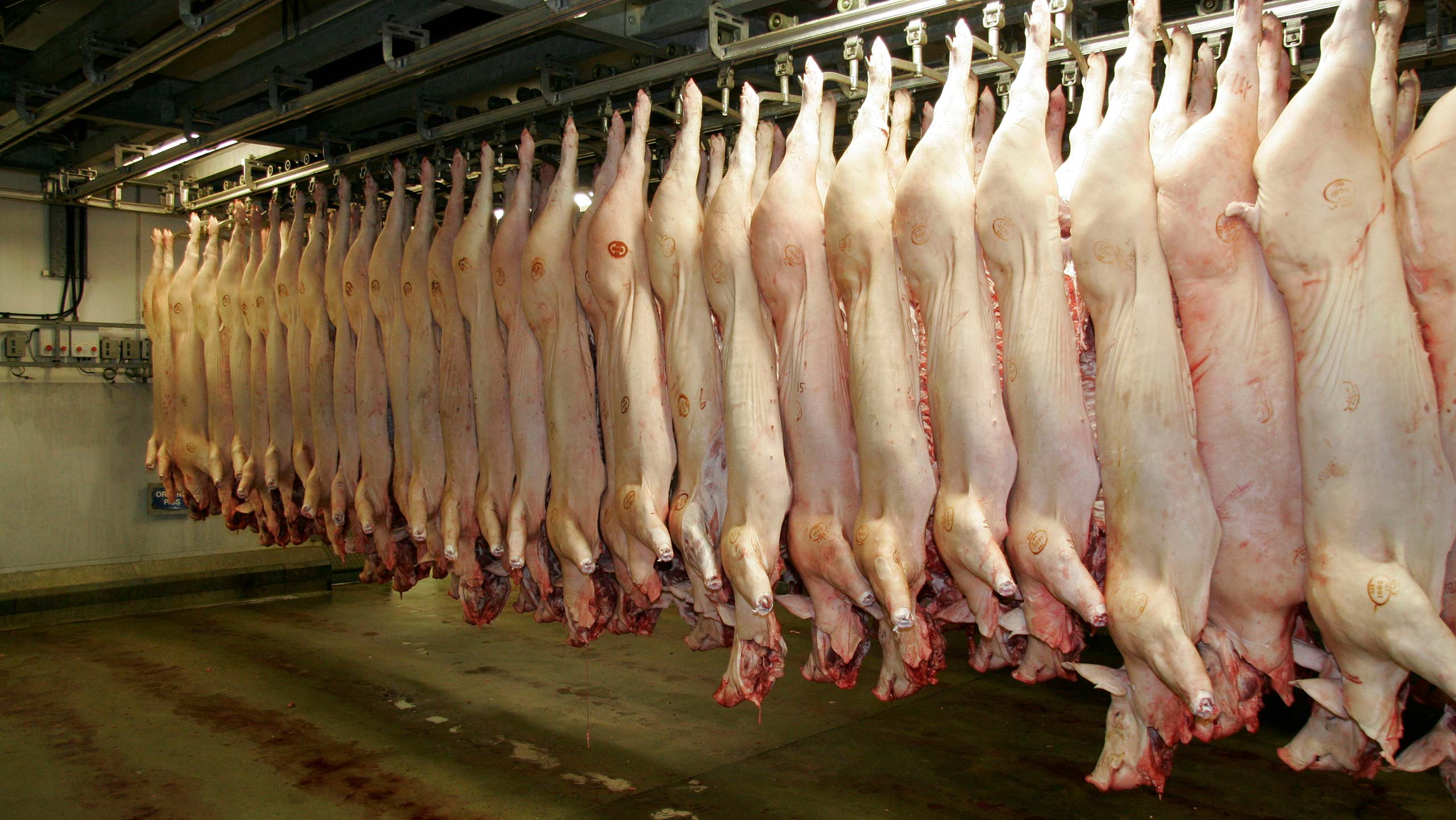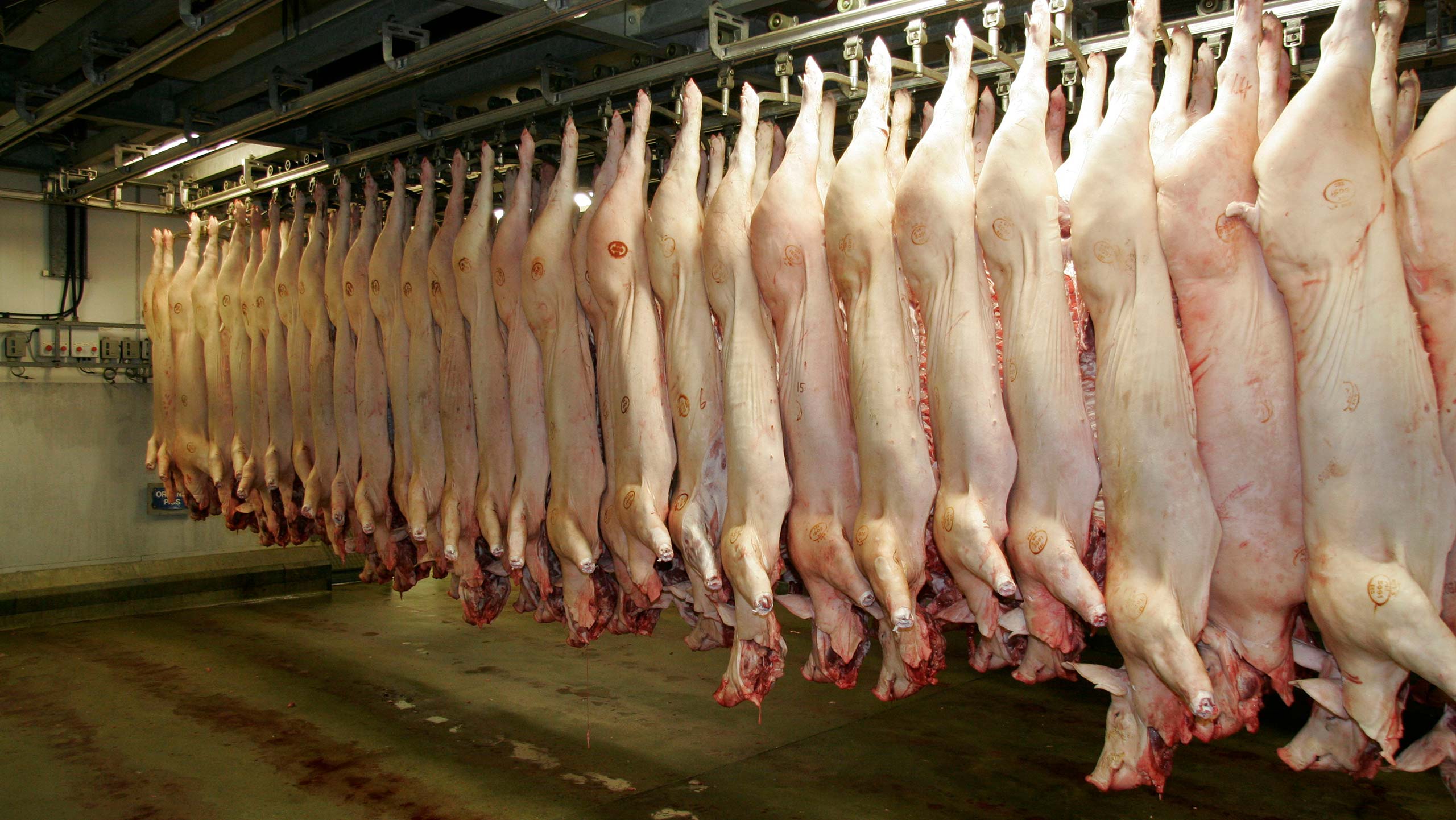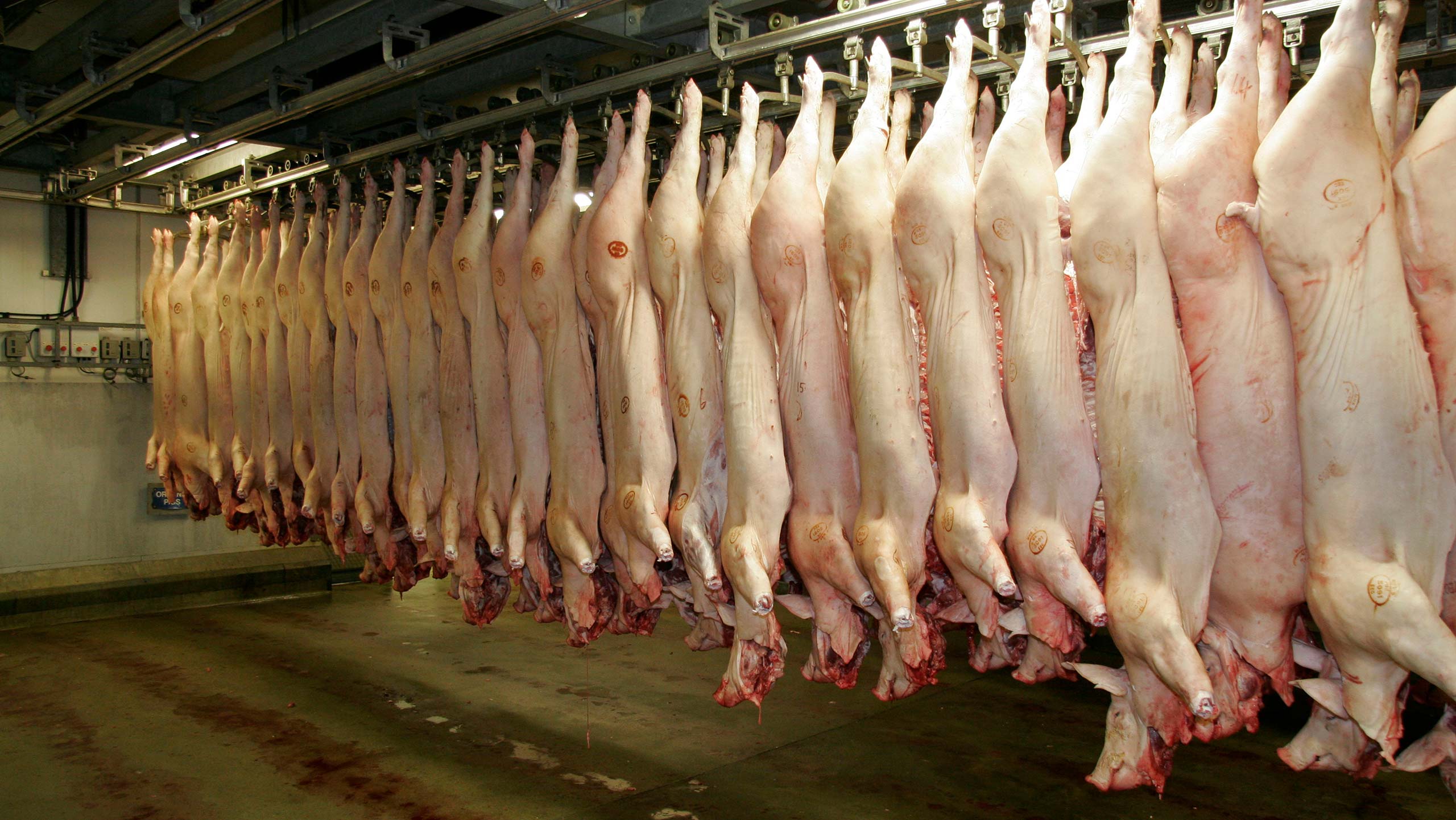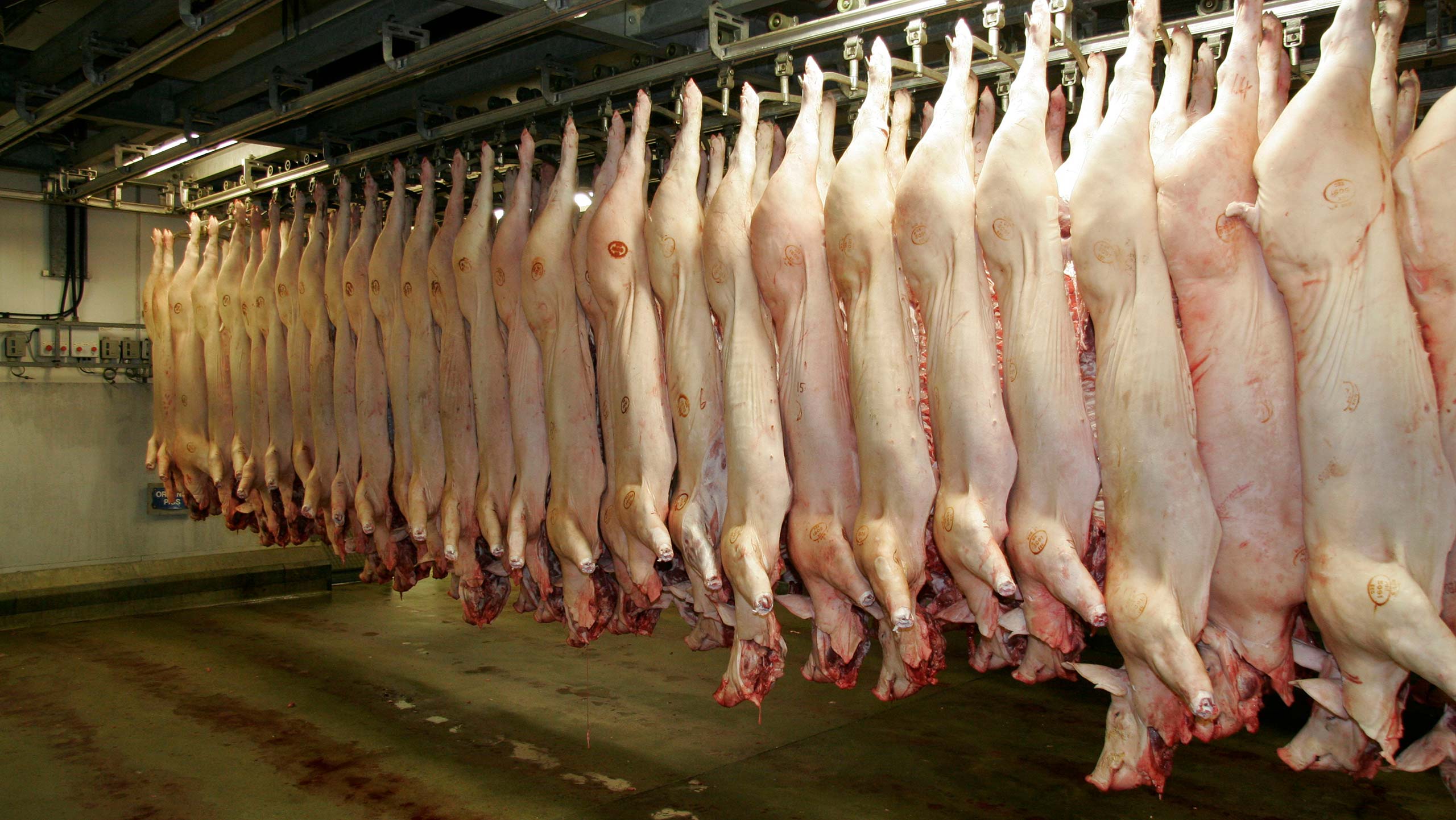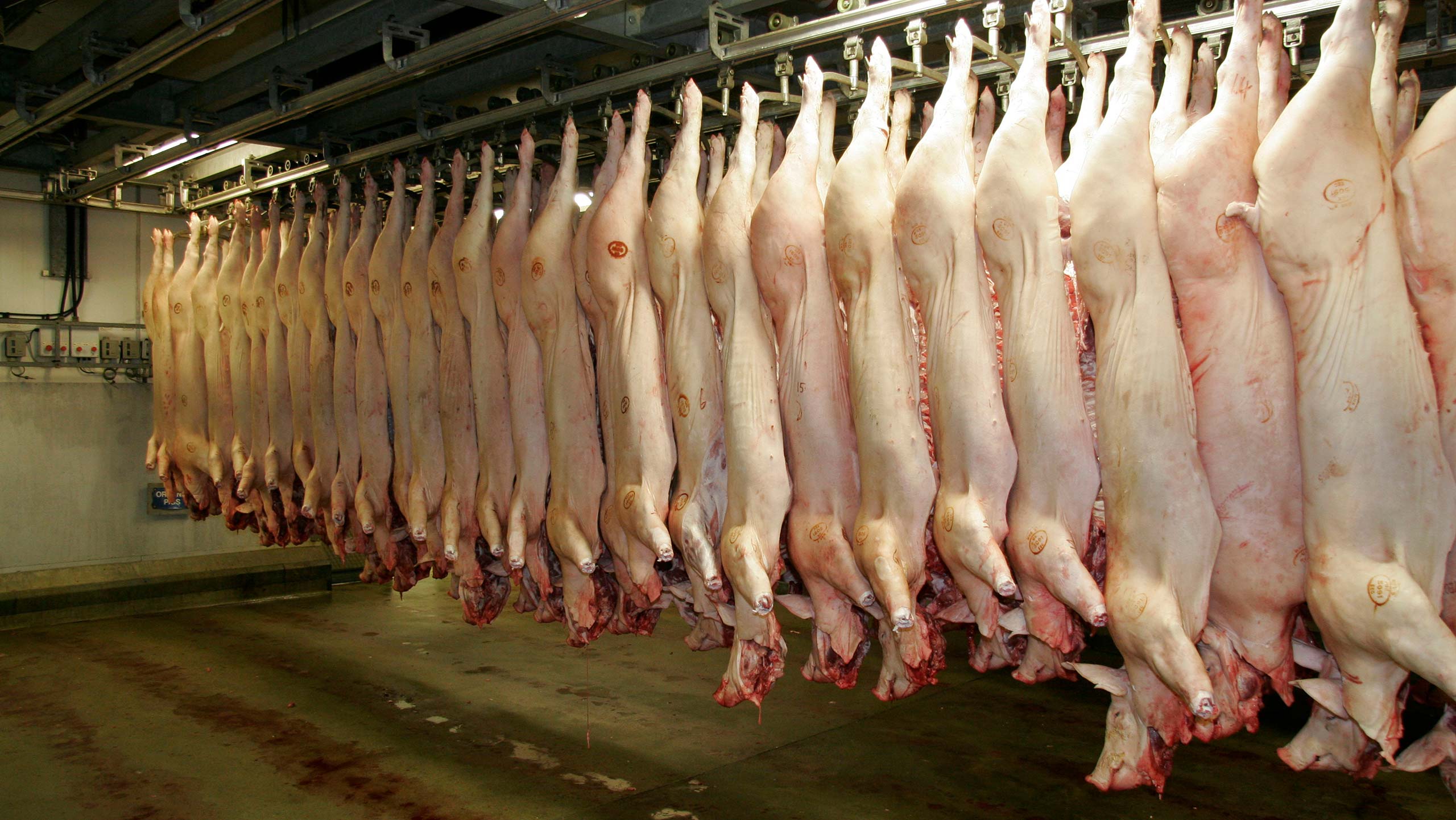When operating an abattoir, maintaining precise temperature control throughout your cold storage facilities isn't just about f…
Abattoir Livestock Handling Insurance: Essential Protection for Meat Processing Facilities
The livestock processing industry faces unique risks that require specialized insurance coverage. Abattoirs and meat processing facilities handle live animals daily, creating exposure to animal-related injuries, property damage, and operational disruptions that standard commercial insurance may not adequately cover.
Understanding Abattoir Operations and Risk Exposure
Abattoirs operate in a high-risk environment where livestock handling creates multiple liability exposures. From the moment animals arrive at your facility until processed meat leaves your premises, numerous risks can impact your business operations and financial stability.
Live animal handling involves inherent unpredictability. Even experienced handlers face risks from stressed or frightened animals that may kick, bite, or cause injury to staff members. Property damage can occur when animals break containment systems, damage equipment, or cause structural harm to facilities.
Key Insurance Coverage Areas for Abattoirs
Livestock Handling Liability
This specialized coverage protects against claims arising from animal-related incidents during the handling process. Coverage includes injuries to employees, visitors, or third parties caused by livestock behavior, as well as property damage resulting from animal actions.
Animal Mortality Protection
Covers financial losses when livestock dies or becomes unsuitable for processing due to accidents, disease, or stress-related conditions while in your care. This protection is crucial for maintaining relationships with livestock suppliers and managing unexpected inventory losses.
Equipment and Machinery Coverage
Specialized equipment used in livestock handling and processing requires dedicated coverage. This includes restraint systems, stunning equipment, hoisting machinery, and transport mechanisms that can be damaged by animal impact or normal wear from heavy use.
Business Interruption Protection
When livestock-related incidents force operational shutdowns, business interruption coverage maintains cash flow during closure periods. This is particularly important for abattoirs with contracted supply agreements and scheduled deliveries.
Professional Indemnity for Veterinary Services
Many abattoirs employ veterinarians for ante-mortem and post-mortem inspections. Professional indemnity coverage protects against claims arising from veterinary decisions, health certifications, or inspection procedures.
Employers Liability Enhancement
Standard employers liability may not fully address risks specific to livestock handling. Enhanced coverage accounts for the increased injury potential in animal handling environments and provides adequate protection for specialized roles.
Common Claims in Abattoir Operations
Animal-Related Injuries
Staff injuries from kicks, bites, or crushing incidents represent the most frequent claims. These can range from minor bruises to serious fractures or internal injuries requiring extended medical treatment and time off work.
Equipment Damage from Animal Impact
Frightened or stressed animals can cause significant damage to handling equipment, gates, restraint systems, and facility structures. Repair costs can be substantial, particularly for specialized processing equipment.
Contamination and Product Loss
When animals become stressed or injured during handling, meat quality can be compromised, leading to product rejection and financial losses. Insurance can cover the cost of rejected carcasses and associated processing expenses.
Third-Party Property Damage
Animals that escape containment can damage neighboring properties, vehicles, or infrastructure. Liability coverage protects against these third-party claims and associated legal costs.
Regulatory Compliance Issues
Incidents involving animal welfare concerns can trigger regulatory investigations and potential prosecution. Legal expense coverage helps manage defense costs and regulatory compliance requirements.
Risk Management Strategies
Staff Training and Certification
Comprehensive training in livestock handling techniques reduces incident frequency and severity. Regular certification updates ensure staff maintain current best practices in animal handling and safety procedures.
Facility Design and Maintenance
Proper facility design with appropriate restraint systems, non-slip surfaces, and adequate lighting reduces stress on animals and handlers. Regular maintenance prevents equipment failures that could lead to incidents.
Animal Welfare Protocols
Implementing strict animal welfare standards not only ensures regulatory compliance but also reduces stress-related incidents. Calm animals are easier to handle and less likely to cause injuries or property damage.
Emergency Response Procedures
Clear protocols for handling escaped animals, injured livestock, or equipment failures minimize incident severity and demonstrate professional risk management to insurers.
Veterinary Support
Having qualified veterinary professionals available for health assessments and emergency treatment reduces mortality risks and ensures proper handling of sick or injured animals.
Choosing the Right Insurance Provider
Industry Expertise
Select insurers with specific experience in abattoir operations who understand the unique risks and coverage requirements. Generic commercial policies may leave significant gaps in protection.
Coverage Customization
Your insurance should reflect your specific operations, whether you handle cattle, sheep, pigs, or multiple species. Different animals present different risks requiring tailored coverage approaches.
Claims Handling Experience
Choose insurers with proven experience managing livestock-related claims. Quick, professional claims handling is crucial when incidents affect animal welfare or operational continuity.
Risk Management Support
Leading insurers provide risk management resources, training materials, and safety consultations to help prevent incidents and maintain compliance with animal welfare regulations.
Regulatory Compliance Assistance
Insurance providers familiar with Food Standards Agency requirements, animal welfare legislation, and health regulations can provide valuable compliance support and guidance.
Cost Factors and Premium Considerations
Facility Size and Throughput
Larger operations with higher animal throughput typically face higher premiums due to increased exposure. However, economies of scale and professional risk management can help control costs.
Species Handled
Different animals present varying risk levels. Cattle handling generally carries higher premiums than sheep due to size and strength differences, while pig handling presents unique behavioral challenges.
Safety Record and Experience
Facilities with strong safety records and experienced management teams often qualify for premium discounts. Demonstrating effective risk management through low claim frequency can significantly reduce costs.
Equipment and Facility Standards
Modern facilities with appropriate safety equipment, proper restraint systems, and compliance with current welfare standards typically receive more favorable premium rates.
Training and Certification Programs
Documented staff training programs, regular safety meetings, and industry certifications can qualify for premium reductions while improving overall safety performance.
Legal and Regulatory Considerations
Animal Welfare Act Compliance
All abattoir operations must comply with Animal Welfare Act requirements. Insurance should include coverage for legal defense costs if welfare compliance issues arise.
Food Standards Agency Requirements
Regulatory compliance with FSA standards is mandatory. Coverage should include business interruption protection if regulatory issues force operational suspension.
Health and Safety Regulations
COSHH regulations, manual handling requirements, and workplace safety standards create additional compliance obligations that insurance should address.
Environmental Protection
Waste management, water discharge, and environmental protection requirements can create liability exposures requiring specialized coverage.
Data Protection and Privacy
Modern abattoirs maintain extensive records on livestock sources, health status, and processing details. Cyber insurance protects against data breaches and privacy violations.
Frequently Asked Questions
What happens if an animal escapes and causes damage off-site?
Public liability coverage typically handles third-party property damage caused by escaped livestock, including damage to vehicles, buildings, or other property.
Are pre-existing animal health conditions covered?
Coverage generally applies to healthy animals that become sick or injured while in your care. Pre-existing conditions are typically excluded from mortality coverage.
How does insurance handle regulatory shutdowns?
Business interruption coverage can provide income protection during regulatory-mandated closures, helping maintain cash flow while addressing compliance issues.
What about seasonal variations in livestock handling?
Policies can be structured to reflect seasonal variations in throughput, with premium adjustments based on actual processing volumes rather than fixed annual rates.
Does coverage extend to transport and holding areas?
Most policies cover the entire facility including transport areas, holding pens, and processing areas, but confirm specific coverage boundaries with your insurer.
How are veterinary service claims handled?
Professional indemnity coverage for veterinary services typically includes legal defense costs and compensation payments for covered claims arising from professional duties.
What documentation is required for claims?
Maintain detailed records of animal health status, handling procedures, incident reports, and veterinary assessments to support potential claims.
Can coverage be adjusted for different animal types?
Yes, policies can be customized based on the specific species you handle, with coverage levels and terms adjusted for different risk profiles.
Getting the Right Protection
Abattoir operations require specialized insurance coverage that addresses the unique risks of livestock handling and meat processing. Standard commercial policies rarely provide adequate protection for the complex exposures faced by modern meat processing facilities.
Working with insurance professionals who understand abattoir operations ensures you receive comprehensive coverage that protects your business, employees, and financial stability. The right insurance partnership provides not just financial protection but also risk management support to help prevent incidents and maintain operational excellence.
Contact Insure24 at 0330 127 2333 to discuss your abattoir insurance requirements. Our specialized knowledge of livestock handling operations ensures you receive coverage that truly protects your business interests while supporting your commitment to animal welfare and operational safety.


 0330 127 2333
0330 127 2333
